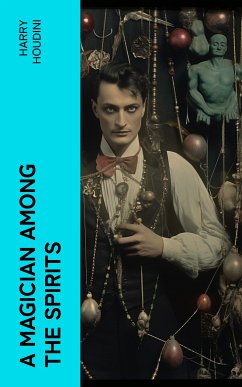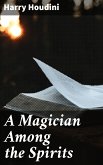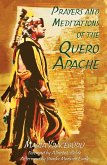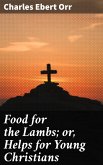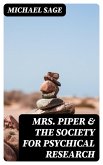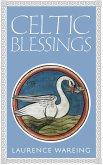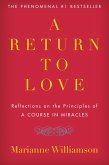This is a book about spiritualism written by a self-professed sceptic. In the opening sentence of his preface, Houdini says," Gladly would I embrace Spiritualism if it could prove its claims, but I am not willing to be deluded by .....so-called psychics" He discusses the origins of spiritualism, and describes some of its earliest protagonists. The last chapter is called Magicians as Detectors of Fraud and lays the final groundwork for his conclusion.
Dieser Download kann aus rechtlichen Gründen nur mit Rechnungsadresse in A, B, BG, CY, CZ, D, DK, EW, E, FIN, F, GR, H, IRL, I, LT, L, LR, M, NL, PL, P, R, S, SLO, SK ausgeliefert werden.
Hinweis: Dieser Artikel kann nur an eine deutsche Lieferadresse ausgeliefert werden.

